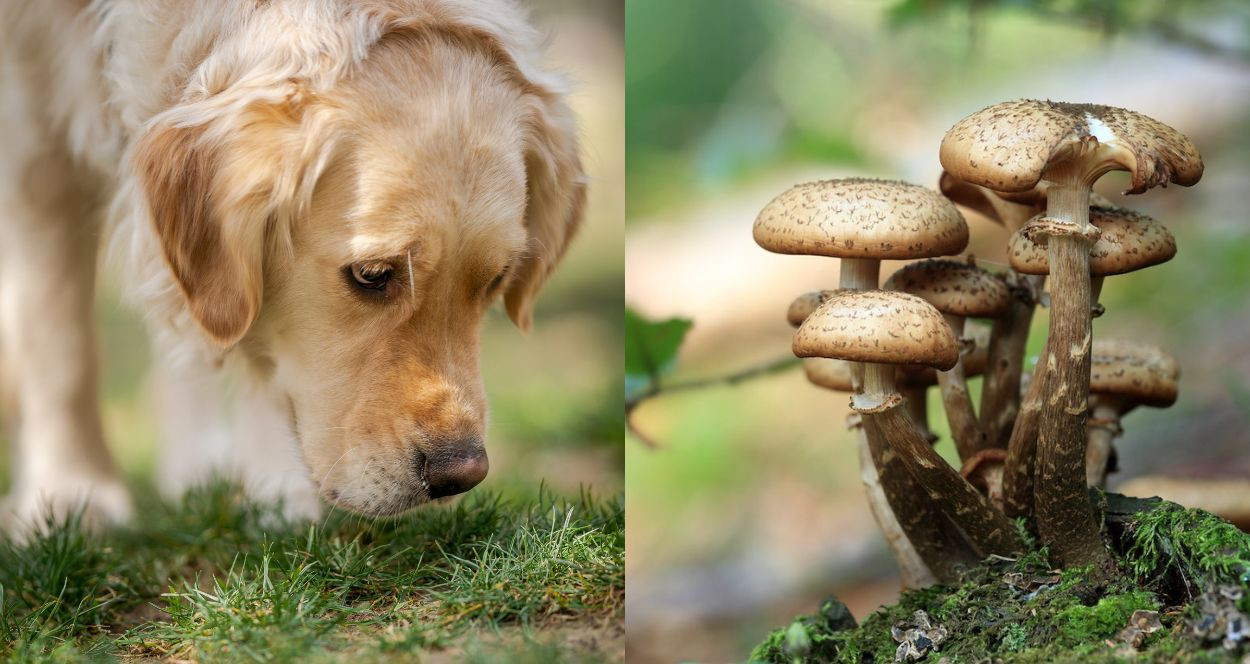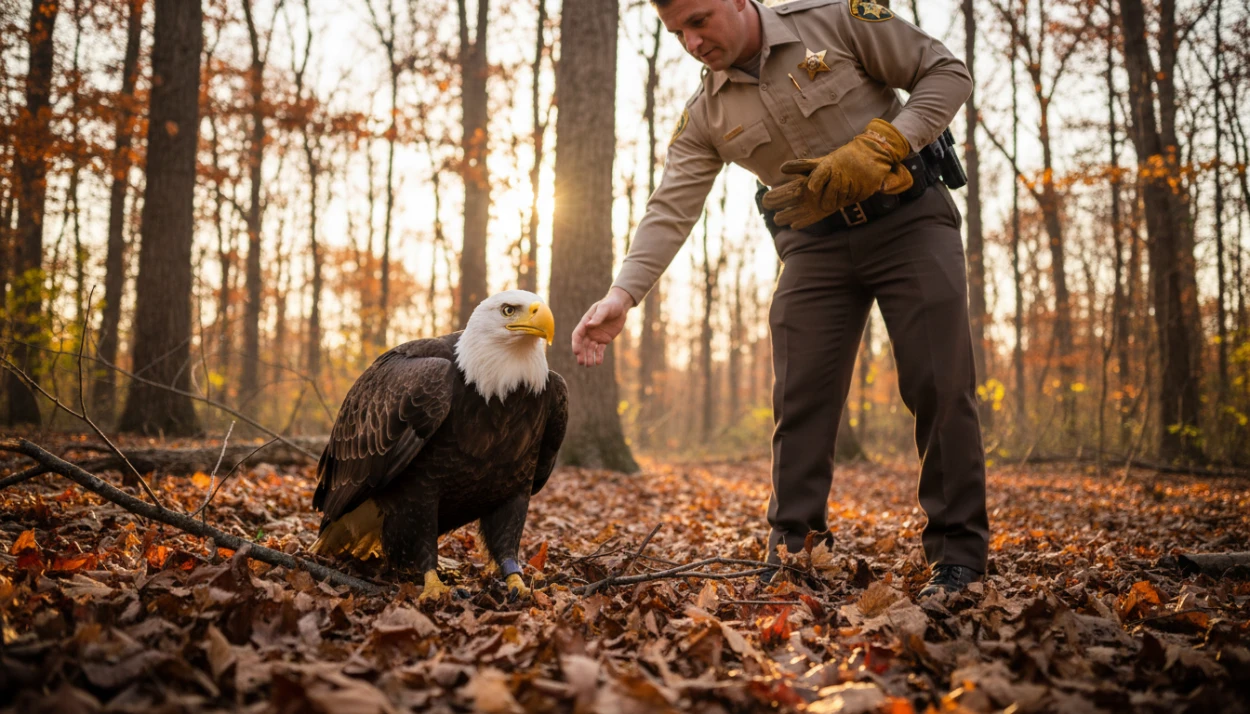Drug dogs, also known as sniffer dogs, are highly trained canines employed to assist law enforcement agencies in detecting illegal substances. These remarkable animals possess an exceptional sense of smell that allows them to identify various drugs. However, the question remains: Can drug dogs effectively detect mushrooms, particularly psychedelic varieties?

Can Drug Dogs Detect Mushrooms?
Dogs have an extraordinary sense of smell, with an olfactory system that far surpasses that of humans. Through extensive training, drug dogs become proficient in detecting specific scents associated with illicit substances. While some dogs can detect a wide range of drugs like cocaine, heroin, and marijuana, the ability to detect mushrooms presents unique challenges.
Dogs and Psychedelic Mushrooms
Psychedelic mushrooms, often referred to as "magic mushrooms," contain psychoactive compounds like psilocybin and psilocin. When ingested, these substances can induce altered states of consciousness and hallucinations. The chemical composition of these mushrooms differs from traditional drugs, making their detection more intricate for drug dogs.
Legal Implications
The legal status of psychedelic mushrooms varies across different jurisdictions. In some places, they are classified as controlled substances, leading to potential legal consequences for possession or distribution. However, the complexity of detecting mushrooms can raise questions about the reliability of evidence in court cases.
Factors Affecting Detection
Several factors influence a drug dog's ability to detect mushrooms accurately. The species of mushroom plays a crucial role, as different species may emit varying odors. Additionally, the way mushrooms are packaged and stored can impact the scent's intensity and accessibility. Concealment methods used by individuals transporting mushrooms further complicate detection efforts.
Real-Life Cases
While drug dogs have successfully detected various illicit drugs in real-life scenarios, instances of accurately detecting mushrooms are relatively rare. The unique scent profile of mushrooms challenges the dogs' training and raises concerns about the reliability of their alerts.
Challenges and Limitations
Drug detection using dogs is not without challenges. False positives, where dogs indicate the presence of drugs when none are present, can occur due to the scent remnants left in areas previously containing drugs. Improving the accuracy and reliability of drug dogs in detecting mushrooms requires targeted training and ongoing research.
Alternative Detection Methods
Given the difficulties in using drug dogs for mushroom detection, researchers have explored alternative methods. Technology-based solutions, such as portable detection devices, show promise in complementing traditional canine detection. Additionally, advanced detection techniques using chemical analysis can provide more definitive results.
Myths and Facts
There are various myths surrounding drug dogs' capabilities, particularly regarding their ability to detect mushrooms. Scientific evidence is essential in distinguishing fact from fiction and understanding the actual limitations of these remarkable animals.
Can Humans Smell Mushrooms?
While drug dogs possess an extraordinary sense of smell, humans also have olfactory abilities, though significantly less acute. The comparison between human and canine olfaction sheds light on why drug dogs might struggle to detect mushrooms reliably.

Responsible Drug Use
Regardless of the detection capabilities of drug dogs, promoting responsible drug use remains vital. Education and awareness programs can play a crucial role in reducing the risks associated with drug consumption and fostering harm reduction strategies.
Conclusion
In conclusion, drug dogs' remarkable sense of smell has proven invaluable in detecting various illegal substances. However, their ability to detect psychedelic mushrooms presents unique challenges due to the mushrooms' chemical composition and concealment methods. While alternative detection methods show promise, responsible drug use and education are essential in addressing drug-related issues in society.
FAQs:
Q1: Can drug dogs reliably detect psychedelic mushrooms?
As much as drug dogs excel in detecting other illicit substances, their reliability in detecting psychedelic mushrooms is questionable due to the unique challenges posed by the mushrooms' chemical composition and packaging.
Q2: Do all species of mushrooms have the same scent?
No, different species of mushrooms may emit varying scents, making it challenging for drug dogs to identify them accurately.
Q3: Are psychedelic mushrooms illegal everywhere?
The legal status of psychedelic mushrooms varies by country and jurisdiction. In some places, they are classified as controlled substances, while others have decriminalized or legalized their use.
Q4: Are false positives common in drug detection by dogs?
False positives can occur in drug detection by dogs, especially when residual odors are present in areas where drugs were previously located.
Q5: What are some technology-based solutions for drug detection?
Technology-based solutions for drug detection include portable detection devices that use various sensing technologies to identify illicit substances.









